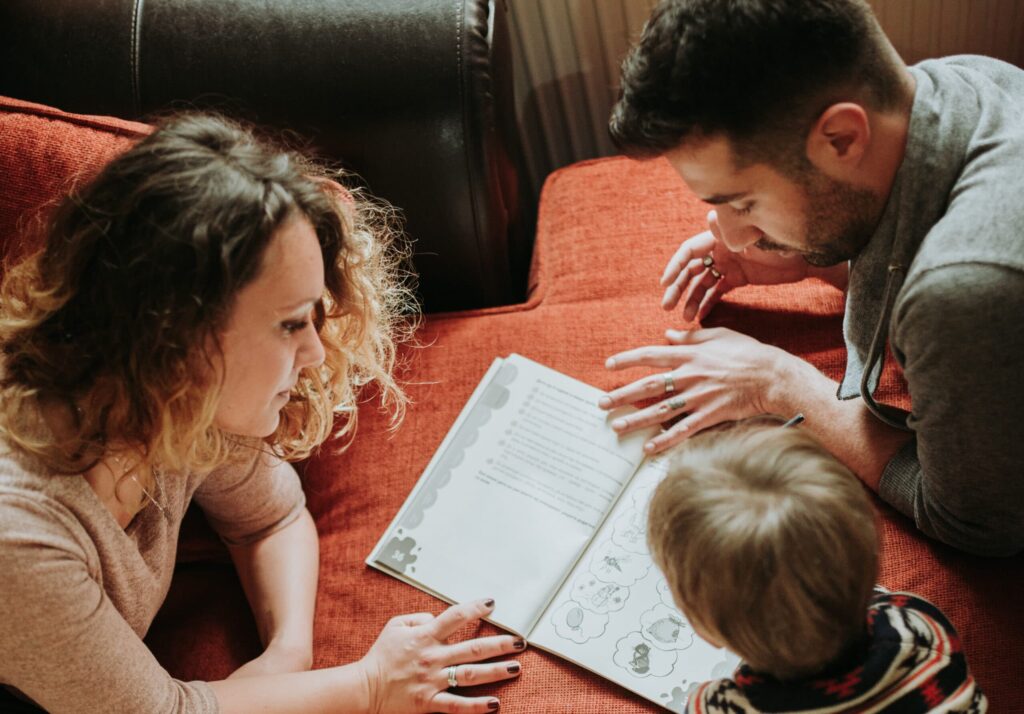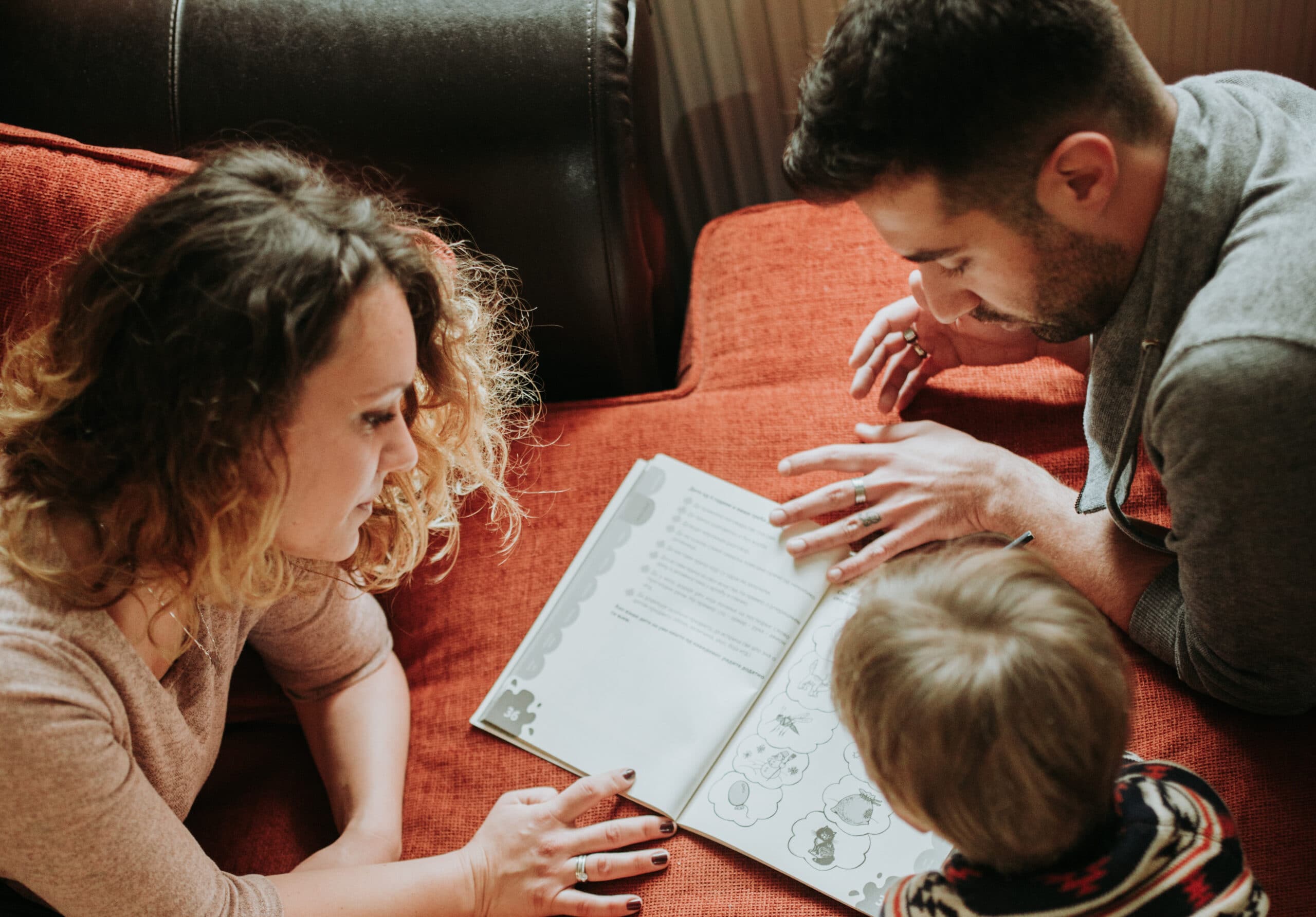
Navigating the Complexities of Other Parents: Understanding Modern Family Structures
The concept of “other parents” is becoming increasingly relevant in today’s rapidly evolving family landscape. Traditional notions of family structures are being challenged and redefined, leading to a greater diversity in how children are raised and families are formed. This article aims to explore the multifaceted nature of other parents, examining the legal, social, and emotional considerations that arise in these modern family dynamics. Understanding the roles and responsibilities of other parents is crucial for creating supportive and nurturing environments for children in these diverse families.
Defining “Other Parents”
The term “other parents” encompasses a wide range of individuals who play significant parental roles in a child’s life but are not the biological or adoptive parents. This can include stepparents, same-sex parents in blended families, grandparents raising grandchildren, foster parents, or even close family friends who provide consistent care and support. The legal recognition and social acceptance of other parents vary significantly depending on jurisdiction and cultural norms. As societal views evolve, so too does the understanding of who can be considered a parent.
The Rise of Blended Families and Stepparents
One of the most common contexts in which the concept of other parents arises is within blended families. With rising divorce rates and subsequent remarriages, stepparents often assume significant roles in raising children who are not biologically their own. The stepparent-child relationship can be complex, requiring careful navigation to establish trust and respect. While stepparents may not have the same legal rights as biological parents, their emotional impact on a child’s life can be profound. Successfully integrating a stepparent into the family dynamic requires open communication, patience, and a commitment to co-parenting effectively with the biological parents. [See also: Co-Parenting Strategies After Divorce]
Same-Sex Parents and Alternative Family Structures
The increasing visibility and acceptance of same-sex relationships have also contributed to the rise of other parents. In many same-sex families, one parent may be the biological or adoptive parent, while the other assumes a parental role without formal legal recognition. This can create legal vulnerabilities, particularly in matters of custody and inheritance. However, many jurisdictions are beginning to recognize the rights of same-sex parents, providing them with the same legal protections and responsibilities as heterosexual parents. Alternative family structures, such as those created through surrogacy or sperm donation, also often involve individuals who act as other parents, providing emotional and practical support to the child and the primary caregiver.
Grandparents as Primary Caregivers
In certain circumstances, grandparents may become the primary caregivers for their grandchildren, effectively acting as other parents. This can occur due to various factors, such as parental substance abuse, incarceration, or death. Grandparents who assume this role often face significant challenges, including financial strain, emotional stress, and legal hurdles. While they may not have the same legal rights as parents, they play a vital role in providing stability and support to their grandchildren. The legal framework surrounding grandparent rights varies by state, making it essential for grandparents in this situation to seek legal advice to understand their rights and responsibilities.
Foster Parents: Temporary but Impactful
Foster parents provide temporary care for children who have been removed from their homes due to abuse, neglect, or other circumstances. While their role is typically temporary, foster parents can have a significant impact on a child’s life, providing a safe and nurturing environment during a time of crisis. Foster parents act as other parents, offering emotional support, guidance, and stability. They work closely with social workers and other professionals to ensure the child’s well-being and facilitate reunification with their biological family whenever possible. The foster care system plays a crucial role in protecting vulnerable children and providing them with the care and support they need.
Legal Rights and Responsibilities of Other Parents
The legal rights and responsibilities of other parents vary significantly depending on their relationship to the child and the jurisdiction in which they reside. Stepparents, for example, typically do not have the same legal rights as biological parents, unless they formally adopt the child. However, some states have enacted laws that grant stepparents certain rights, such as the ability to seek visitation or custody in the event of a divorce. Same-sex parents who are not the biological or adoptive parents may face similar legal challenges, although many jurisdictions are now recognizing their rights through adoption or other legal mechanisms. Grandparents who are raising their grandchildren may also have limited legal rights, depending on the state’s laws. It is essential for other parents to seek legal advice to understand their rights and responsibilities and to ensure that the child’s best interests are protected.
The Emotional Impact on Children
The presence of other parents in a child’s life can have both positive and negative emotional impacts. On the one hand, having multiple caring adults in their lives can provide children with additional support, love, and guidance. This can lead to increased resilience, self-esteem, and overall well-being. However, navigating complex family dynamics can also be challenging for children, particularly if there is conflict between the biological parents and the other parents. Children may struggle with feelings of loyalty, confusion, or resentment. It is crucial for all adults involved to prioritize the child’s emotional needs and to create a stable and supportive environment. Open communication, empathy, and a willingness to compromise are essential for fostering healthy relationships within these diverse family structures. [See also: Helping Children Adjust to Divorce]
Challenges and Considerations
Several challenges and considerations arise when navigating the complexities of other parents. One of the most significant challenges is establishing clear boundaries and expectations. It is essential for all adults involved to communicate openly and honestly about their roles and responsibilities. This includes discussing issues such as discipline, finances, and healthcare decisions. Another challenge is managing conflict between the biological parents and the other parents. It is crucial to prioritize the child’s well-being and to avoid involving them in adult disputes. Seeking professional help, such as family therapy or mediation, can be beneficial in resolving conflicts and fostering healthy communication. Additionally, it is important to be mindful of the child’s feelings and to provide them with opportunities to express their emotions and concerns. Being an other parent requires patience, understanding, and a commitment to putting the child’s needs first.
The Importance of Communication and Co-Parenting
Effective communication and co-parenting are essential for creating a harmonious and supportive environment for children in families with other parents. Co-parenting involves working together to raise a child, even if the parents are not in a romantic relationship. This requires open communication, mutual respect, and a willingness to compromise. It is important to establish clear guidelines for decision-making and to avoid undermining each other’s authority. When co-parenting with other parents, it is crucial to be respectful of their role in the child’s life and to avoid creating conflict or animosity. Regular communication, whether through phone calls, emails, or in-person meetings, can help to ensure that everyone is on the same page and that the child’s needs are being met. [See also: Effective Communication Strategies for Co-Parents]
Resources and Support for Other Parents
Numerous resources and support systems are available for other parents. These include parenting classes, support groups, and online forums. Parenting classes can provide valuable information and guidance on topics such as child development, discipline, and communication. Support groups offer a safe and supportive environment for other parents to share their experiences and connect with others who are facing similar challenges. Online forums can provide a convenient way to access information and connect with other parents from around the world. Additionally, mental health professionals, such as therapists and counselors, can provide individual or family therapy to help address emotional challenges and improve communication. Seeking out these resources and support systems can be invaluable for other parents who are navigating the complexities of modern family structures. Understanding the role of other parents is vital for the well-being of children in diverse families.
Conclusion
The concept of “other parents” reflects the evolving nature of family structures in contemporary society. As traditional notions of family are challenged and redefined, it is essential to understand the roles and responsibilities of all individuals who play significant parental roles in a child’s life. Whether they are stepparents, same-sex parents, grandparents, or foster parents, other parents can provide valuable support, love, and guidance to children. By fostering open communication, prioritizing the child’s needs, and seeking out resources and support, families with other parents can create nurturing and supportive environments that promote the child’s well-being. Recognizing and embracing the diversity of modern family structures is crucial for creating a more inclusive and equitable society for all children.

